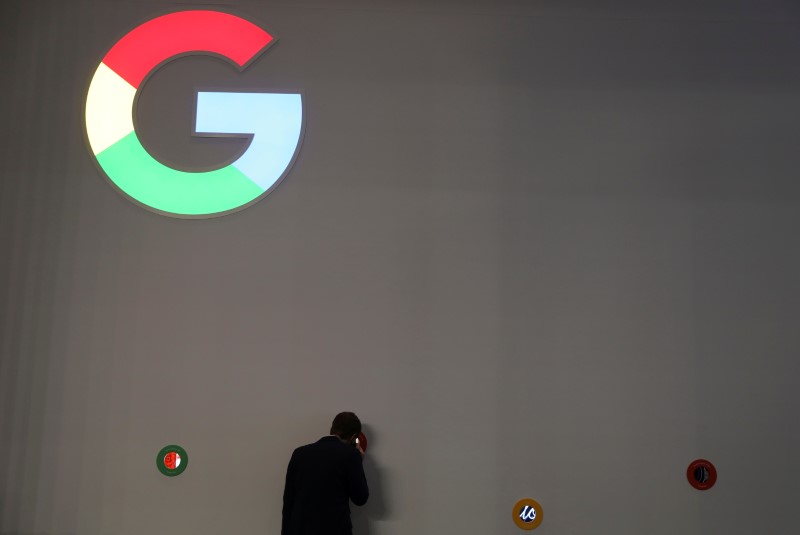Investing.com’s stocks of the week
Electric vehicle (EV) maker Fisker filed for bankruptcy protection late Monday, seeking to salvage its operations by selling assets and restructuring its debt after exhausting its cash reserves in an effort to ramp up production of its Ocean SUVs.
The hyper-competitive EV market has seen several companies, including Proterra, Lordstown, and Electric Last Mile Solutions, file for bankruptcy over the past two years. These companies have struggled with weakening demand, fundraising difficulties, and operational challenges due to global supply chain issues.
Founded by automotive designer Henrik Fisker, the company expressed doubts about its ability to remain in business back in February.
It later failed to secure investment from a major automaker, which forced it to scale back operations. The collapse of its talks with the automaker—reported by Reuters to be Nissan—meant Fisker was denied $350 million in funding from an unnamed investor, which was contingent on the automaker's investment, forcing the company to explore other options.
"Like other companies in the electric vehicle industry, we have faced various market and macroeconomic headwinds that have impacted our ability to operate efficiently," Fisker said.
In its Chapter 11 bankruptcy filing in Delaware, Fisker Group Inc., the company's operating unit, estimated assets of $500 million to $1 billion and liabilities of $100 million to $500 million. The filing showed its 20 largest creditors include Adobe (NASDAQ:ADBE), Alphabet's (NASDAQ:GOOGL) Google, and SAP (SAPGF).
